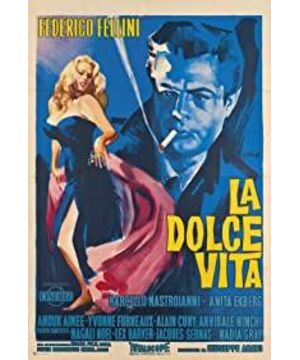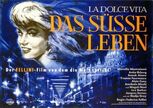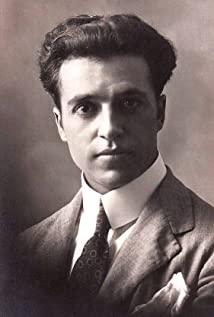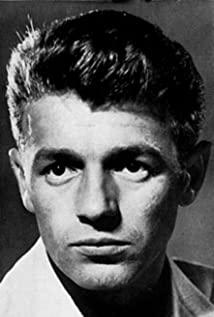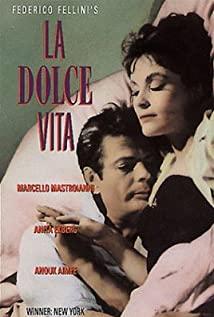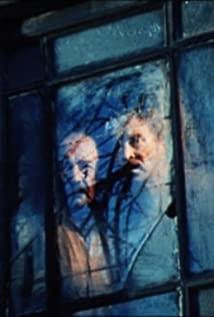If you find this movie incomprehensible, it's not your problem, it's a postmodern problem.
Since each historical period defines its own horizon of expectations, the overall value and meaning of any text is never fixed or one-size-fits-all. In fact, when I was watching this movie, one thought that kept lingering in my mind was, what does Fellini think the ideal audience for this movie looks like? The pope who was furious, or the people he satirized over and over again, or the petty intellectuals? The babbling lines of the brainless beauty, the satire and even the whipping of the media. I can see that Woody Allen has learned a lot from him, but is it right to use lines to advance the plot?
Later I realized that it was almost useless to analyze these, because the film was a reflection of his own dreams, he was just a faithful recorder, he created his own code system, using Freud's id as the most Primitive desires form the motives for character development, and love beyond the id is not even explored in the end.
Doubts about religion on the subject, the establishment of reason in postmodern philosophy, but also realized the backlash of reason, and even the departure from nature - from the establishment of man himself to the abstraction of adults as a certain production machine in society, erasing A personal and natural experience.
And the complete narcissism in the way of narration and the perspective of the director's choice of materials - through Fellini's life experience, we can see his attitude towards emotions, and also can see his confrontation and confrontation with the huge cracks in social class, rationality and sensibility. broken. Maybe this is also his charming point. He dissects himself to others without thinking, like a naive child.
He has a strong printing era temperament in him, and his writing method is so literary. The charming 75mm telephoto reduces a lot of information, and the storyline promoted through lines runs counter to many movie viewing habits.
View more about The Sweet Life reviews


